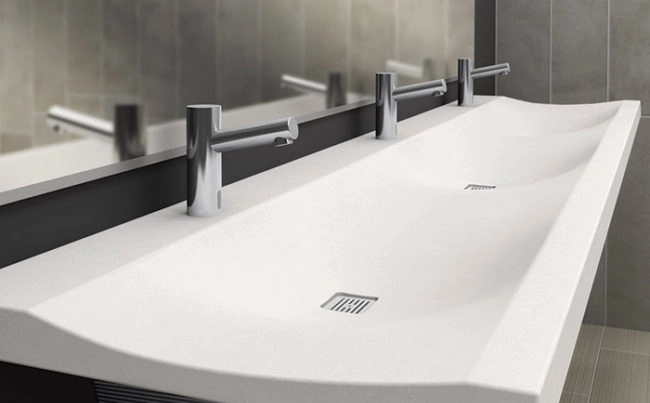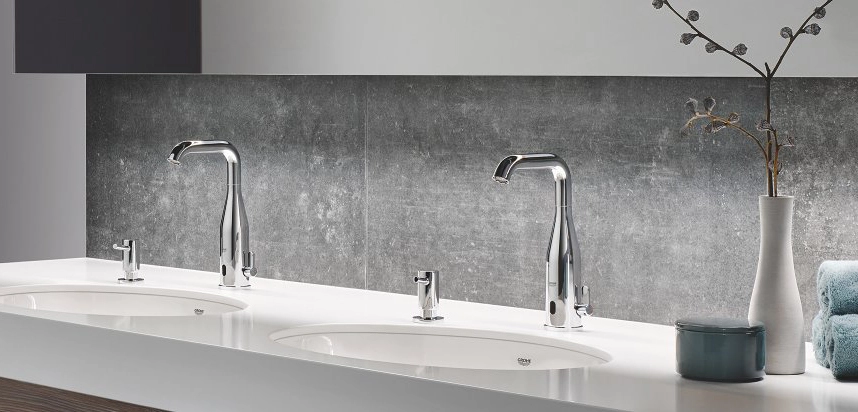Search

In the ever-evolving field of healthcare, there is a constant demand for more advanced and specialized equipment. One essential piece of equipment that often goes unnoticed but plays a vital role in healthcare settings is the medical tap. These taps have come a long way from their basic counterparts, offering a range of specialized features to meet the unique needs of healthcare professionals and patients. In this blog post, we will explore some of these features and why they are crucial in modern medical settings.
In a healthcare setting, preventing the spread of infection is paramount. Medical taps now include advanced features such as antimicrobial coatings and touchless operation, minimizing the risk of contamination. These features ensure that healthcare providers can maintain stringent infection control protocols while also providing patients with a safer environment.
Medical taps have evolved to cater to the diverse needs of patients and healthcare staff. User-friendly designs, like lever handles and touch-free sensors, allow for easy operation, especially for individuals with limited dexterity or mobility. These specialized features promote accessibility and independence for patients while streamlining workflows for healthcare professionals.
In medical settings, the temperature of water used for various purposes plays a crucial role. Whether it's for disinfection purposes or patient hygiene, precise temperature control is necessary. Modern medical taps offer thermostatic controls, ensuring that water temperatures remain consistent and within safe limits. This feature helps prevent burns and ensures patient comfort while delivering optimal care.
Different medical procedures may require specific water pressure levels. Modern medical taps provide the flexibility to adjust water pressure according to the requirements of different procedures, be it delicate wound care or forceful cleaning. This adaptability helps healthcare providers deliver personalized care and maintain optimal hygiene standards.
In busy medical settings, durability is essential. Medical taps now utilize advanced materials such as stainless steel or brass, ensuring long-lasting performance even in demanding environments. These materials are resistant to corrosion, withstand frequent use, and require minimal maintenance, saving valuable time and resources for healthcare facilities.
Medical taps have transformed from basic fixtures to specialized equipment designed to cater to the unique needs of healthcare settings. These taps provide enhanced infection control measures, user-friendly designs, temperature control, customizable water pressure, and advanced materials for durability. By understanding and utilizing the features offered by modern medical taps, healthcare providers can elevate patient care, improve workflow efficiency, and ultimately contribute to a safer and more hygienic healthcare environment.







